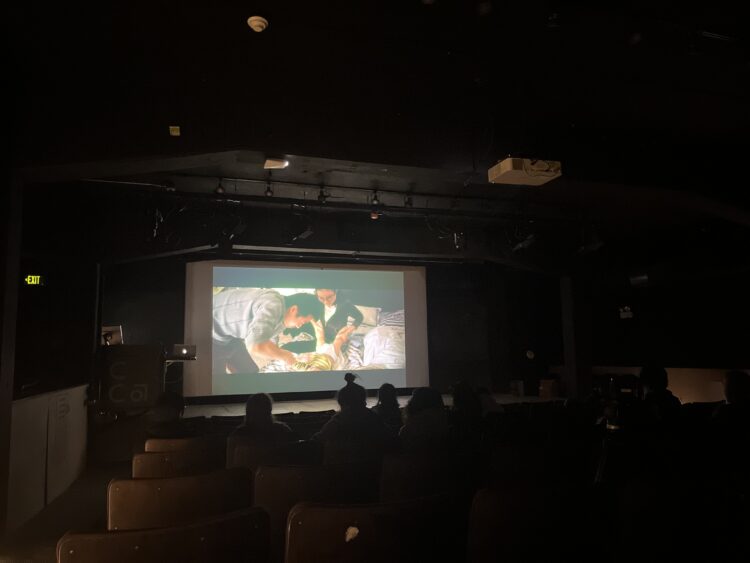Artist Diary: Sabrina Orah Mark’s “Happily” Reimagines the Modern Fairy Tale
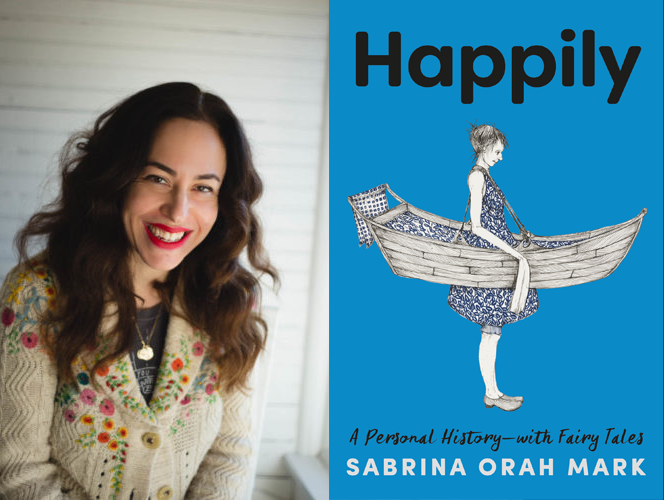
Sabrina Orah Mark’s Happily: A Personal History—with Fairy Tales is a beautifully written memoir-in-essays on fairy tales and their surprising relevance to modern life, from a Jewish woman raising Black children in the American South—based on her acclaimed Paris Review column “Happily.”
The 2020 Creative Capital Grantee mines the literary tradition of the fairy tale, which has long endured as the vehicle by which we interrogate the laws of reality, searching for the wisdom to better understand our strange contemporary moment. Fellow Creative Capital Grantee Rebecca Solnit remarked, “Amazing! Gorgeous! Read this!” of the new book, which is available for pre-order now through Penguin Random House.
Mark shared her Creative Capital Artist Diary with us, including why she turned to fairy tales for inspiration, and her advice for other writers.
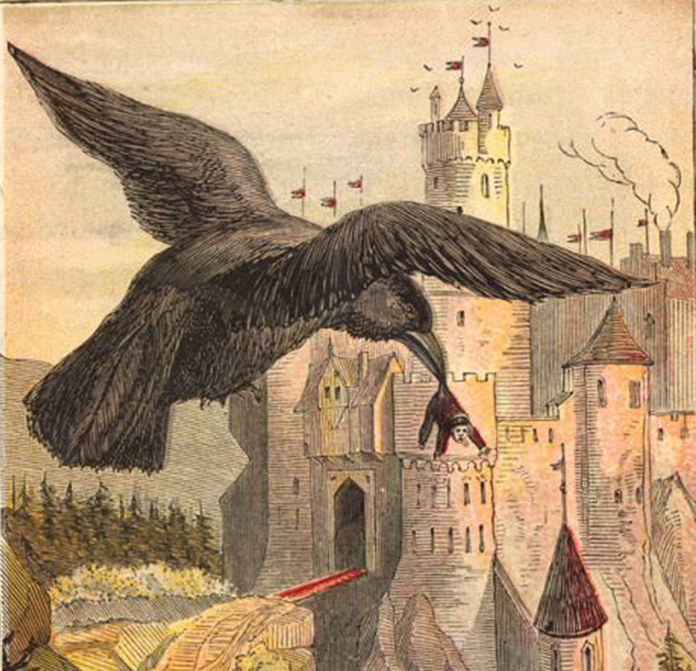
Image from Sabrina Orah Mark’s Paris Review column, Joseph Martin Kronheim illustration for Tom Thumb, circa 1850s.
I have a terrible memory, and I wanted a place (other than my brain) to store the beautiful, strange things my sons so often say to me. Like, “Don’t worry mama, I’ll teach you how to button your sweater for when you’re small again.” Happily began as a desire to record, and the desire to keep my sons safe. As if writing down everything they said, everything that happened, could be an armor they could wear. Raising Black Jewish boys in the American South, so far away from where I was raised (emotionally, physically, spiritually), felt like a puzzle that had half the pieces missing. Where were these pieces? Instead of going all the way back to the world I grew up in, back to NY, back in time, where I could and couldn’t return – I decided to turn to fairytales, a place even older than childhood, to keep me company, and guide me. What I discovered was that through the fairy tale I was able to tell stories I had been too shy, or afraid, to tell before. The fairy tale held my hand, and assured me everything I felt had already been felt, is being felt now, and will be felt again.
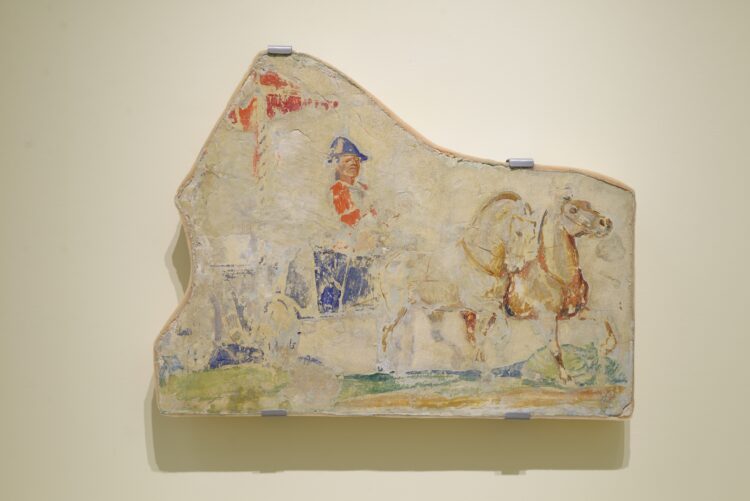
In February, 2001 the German documentary filmmaker Benjamin Geissler and his son went with a crew to Drohobycz, now part of Ukraine, to look for fairy tale murals that Bruno Schulz had painted on an SS officer’s son’s bedroom walls (in exchange for protection, life). Geissler and his crew arrive at an apartment, occupied by a mostly blind woman and her dying husband, and after what seems only like seconds the fairy tales (horses, and princesses, and kings, and gnomes) appear like ghosts from behind the whitewash. I’ve never seen anything so gorgeous, so absolutely magical before. The way these fairy tales suddenly collided with the present to tell us a story that was on the edge of being forgotten sent a shock through me. This is what I want to do, I thought. I want my writing to have that exact effect, that collision of the past and the present. And so I started taking fairy tales and rubbing them like a piece of wood against the wood of my days and there was a spark, and out of this spark burned HAPPILY.
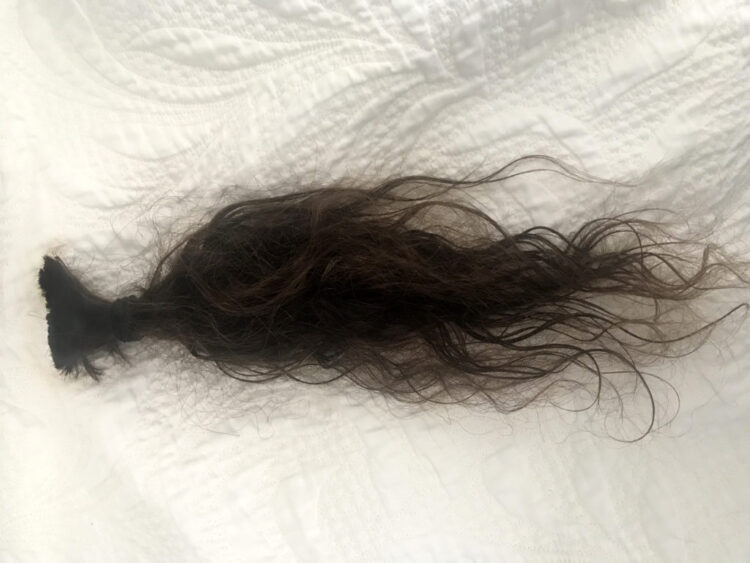
Image from Sabrina Orah Mark’s Paris Review column, photo by the author.
One of my favorite workshops to teach is my Obsession Workshop, where students are asked to consider what keeps them. Is it something like god, or a birthmark, or an old love, or stones, or someone famous, or snow, or freedom, or crying? And then for five weeks I offer prompts to give students a way to just stare at the thing until it starts revealing portals, or bridges, or branches that bloom. I used to think we write to express our relationship to the world but I was dead wrong. We write to change our relationship to the world, thicken and thin it, fall in love with it, and quarrel with it, and—like decomposing fruit—enrich its soil.
Which is to say, if you stay with something for long enough it will start to speak to you. Promise.
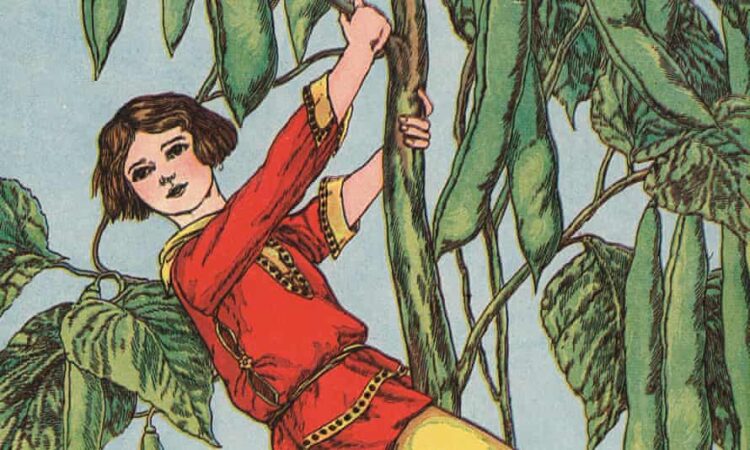
Image from Sabrina Orah Mark’s Paris Review column, an illustration from Jack and the Beanstalk by Elizabeth Colborne.
Creative Capital gave me the support to turn what began as a column in The Paris Review into a book. Its guidance and endless light created a ground for me to stand on while I considered the difference between the body of the column of the body of the memoir, and filled in the cracks and crevices.
Pre-order Sabrina Orah Mark’s book Happily: A Personal History—With Fairy Tales here.
Book tour dates:
March 15, 2023: Thank You Books (Birmingham, AL)
March 18, 2023: Avid Bookshop (Athens, GA)
March 21, 2023: Mark Twain House & Museum (virtual)
Late March: The Rumpus – (virtual)
May 4, 2023: Prairie Lights (Iowa City, IA)
